Sample information |
|
| Picture |
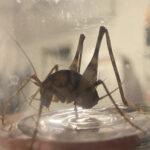
|
|---|---|
| Location | |
| Collection date | 09/04/2024 |
| Captive / Cultivated? | Wild-caught |
| Group | Edmund Burke School |
| Observations | Caught in my garage, urban environment. Early fall, 74ºF. Grey and brown with longs legs including two large hind legs. Rounded body with hard shell. Pointed head with small mandibles and long vertical eyes. Long thin antennae. |
| Putative identification | Arthropoda Insecta Orthoptera |
Methods |
|
| Extraction kit | DNeasy (Qiagen) |
| DNA extraction location | Partial abdomen |
| Single or Duplex PCR | Single Reaction |
| Gel electrophoresis system | MiniOne |
| Buffer | TBE |
| DNA stain | GelGreen |
| Gel images |
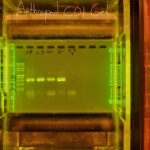
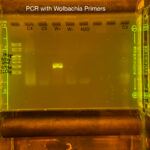
|
| Protocol notes | DNA Extraction: We extracted DNA from the bug matter within the abdomen of the specimen. PCR: Everything when according to protocol. Gel Electrophoresis, Arthropod CO1: The first lane contains the DNA ladder. The second contains the sample from the Camel Cricket (C-4). The third lane has DNA from another specimen. The fourth and fifth lanes contain positive and negative controls and the sixth lane was our water control. Gel Electrophoresis, Wolbachia: The first lane contains the DNA ladder. The second contains the sample from the Camel Cricket (C-4). The third lane has DNA from another specimen. The fourth and fifth lanes contain positive and negative controls and the sixth lane was our water control. The ninth lane on the far right has DNA from another specimen. |
Results |
|
| Wolbachia presence | No |
| Confidence level | High |
| Explanation of confidence level | We did not make any mistakes during the extraction or gel processes for this sample. Additionally all of our controls gave the intended result. |
| Wolbachia 16S sequence | |
| Arthropod COI sequence |
|
| Summary | The Orthoptera was found to be negative for Wolbachia. |
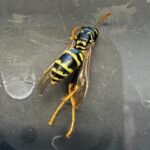 European Wasp
European Wasp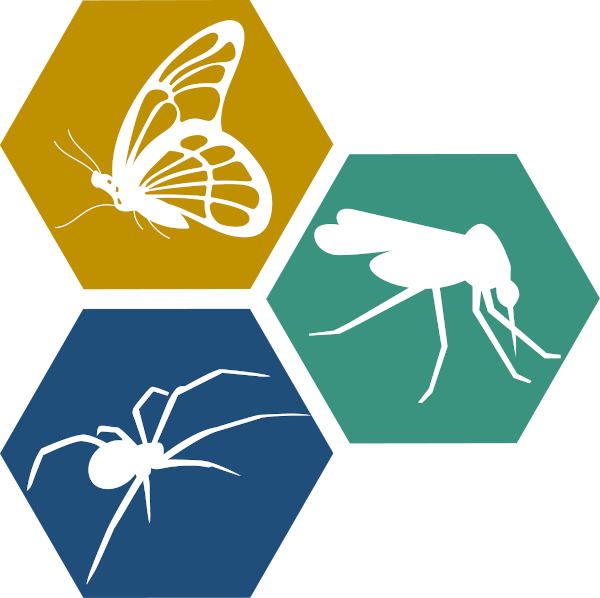 Small Honey Ant
Small Honey Ant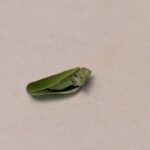 7A
7A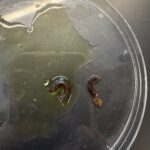 Millipede 7F
Millipede 7F